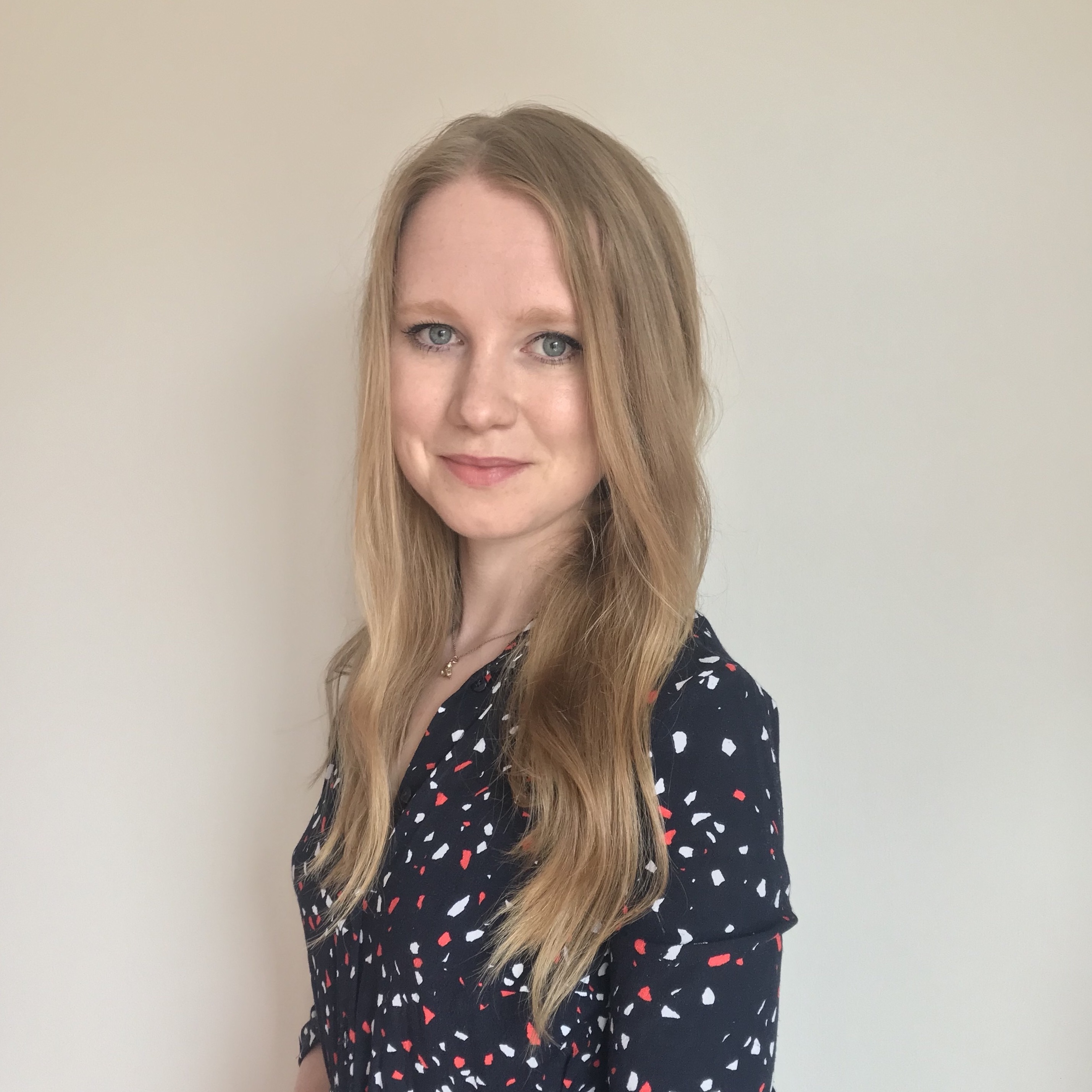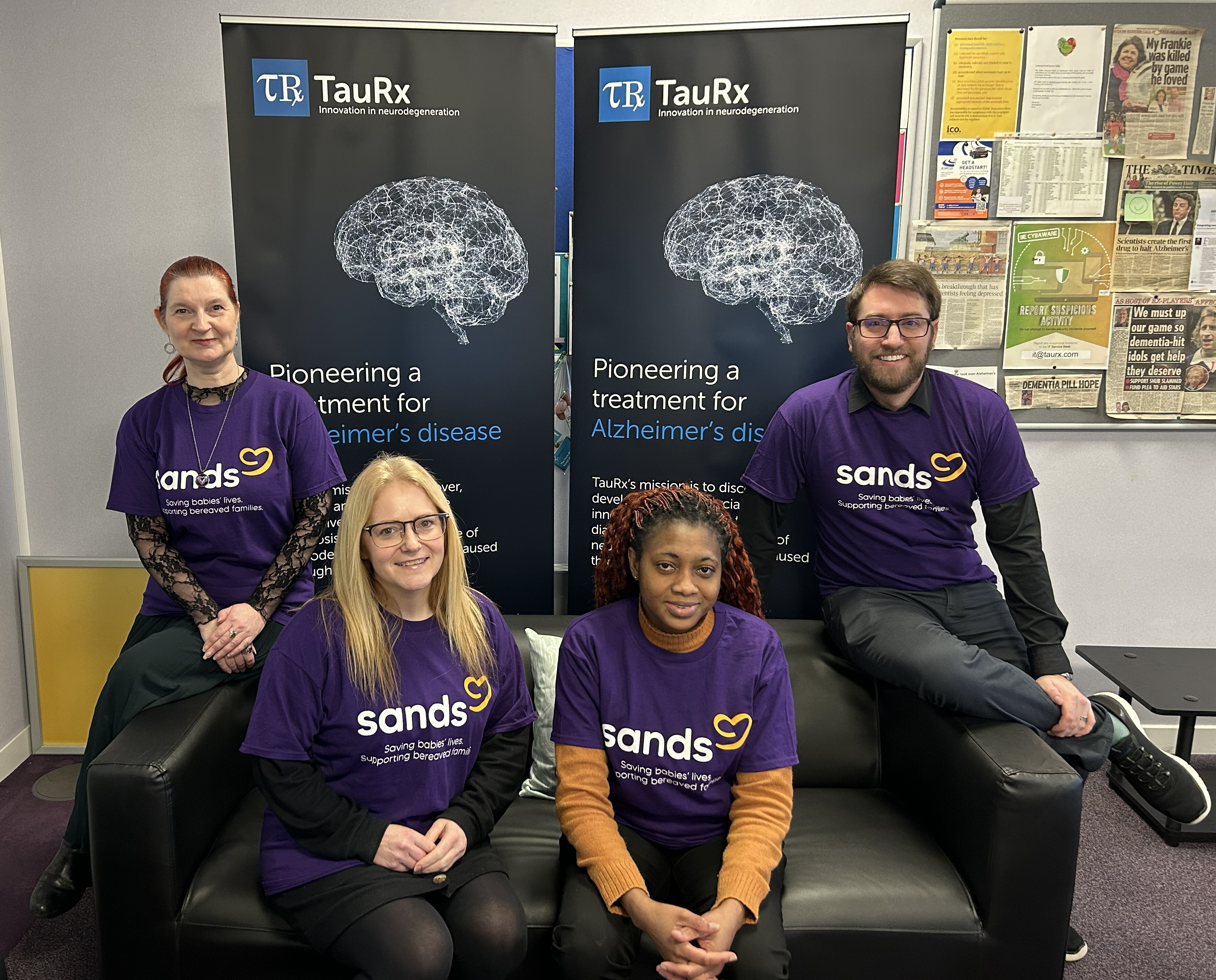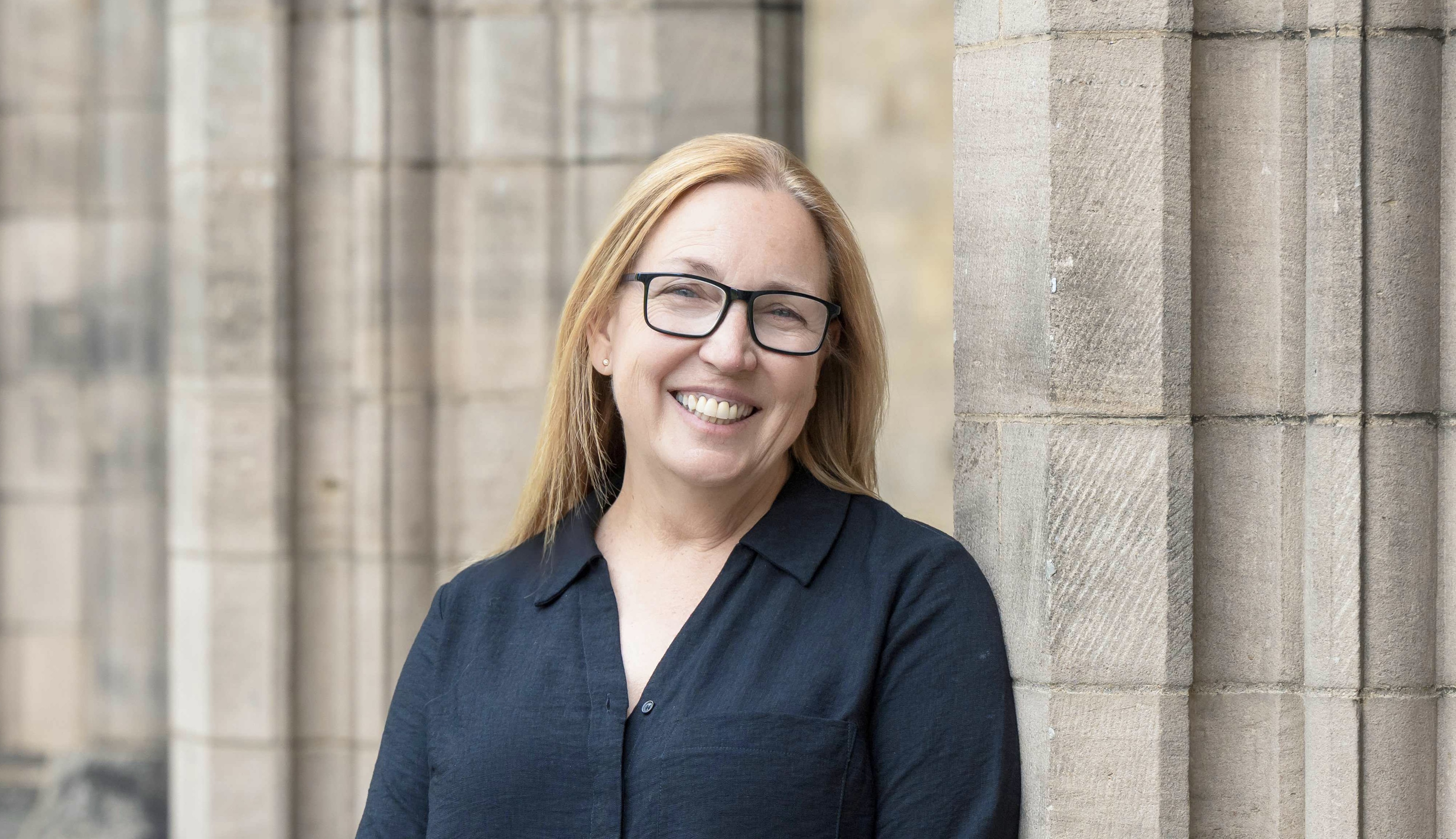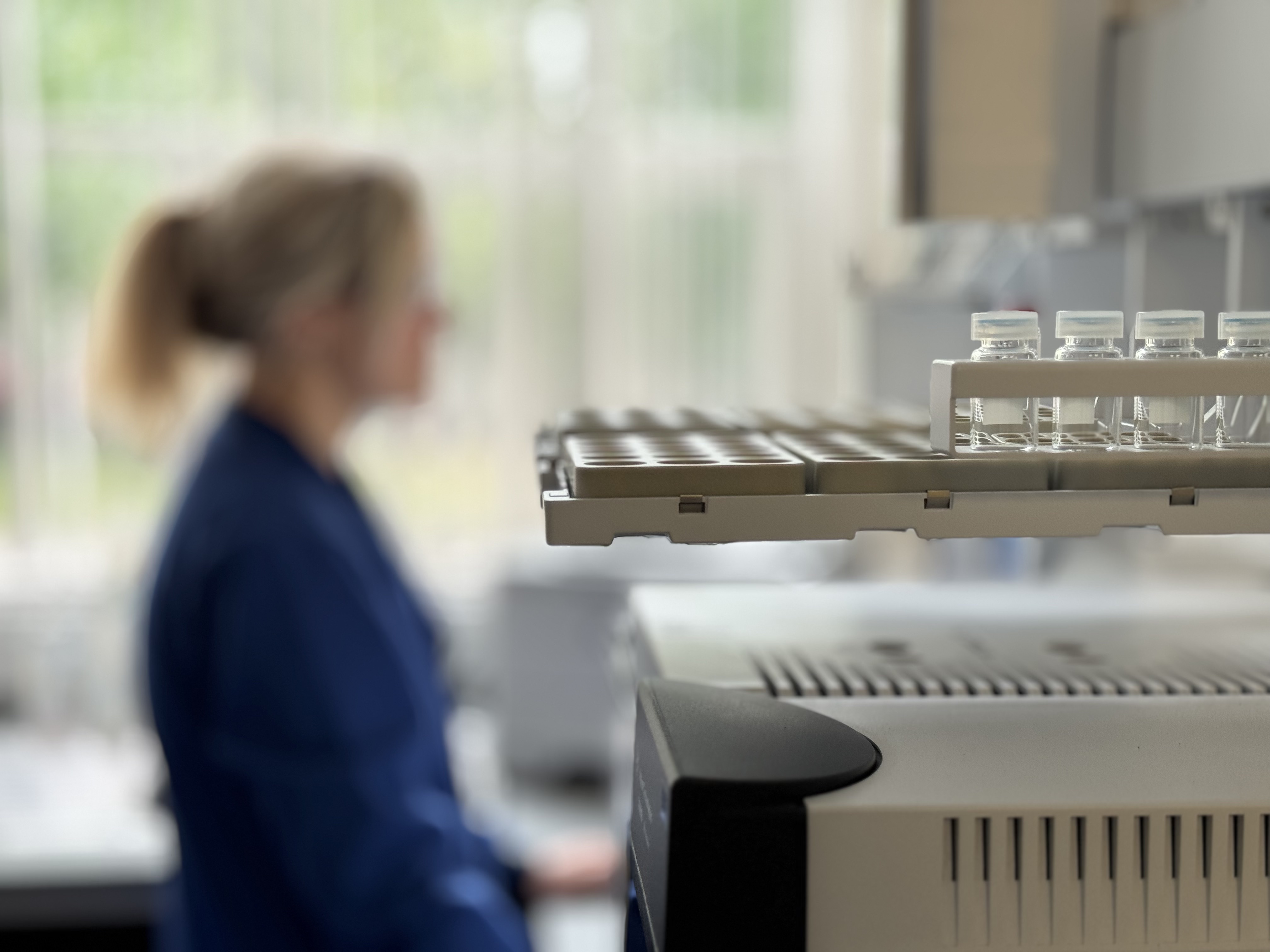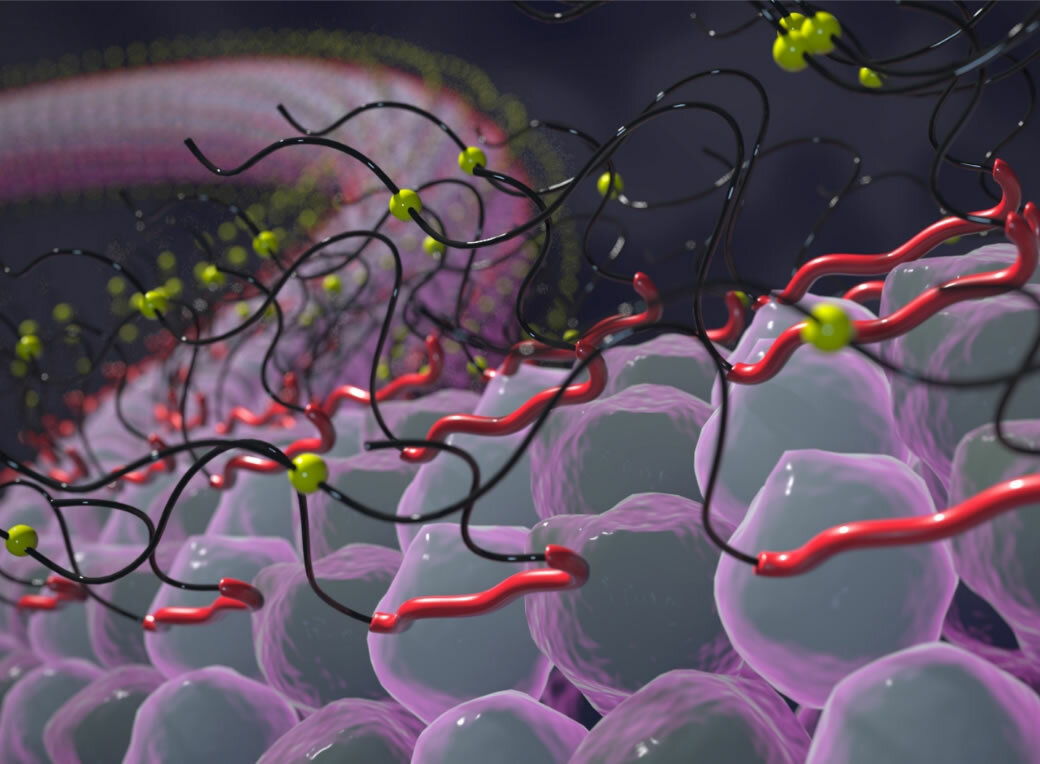Can you describe yourself in three words?
Curious, resilient and focused.
You went to the University of Aberdeen to study physics. When did you first realise that was something you wanted to do?
I originally went to the University of Aberdeen to study maths, as I’ve always been mathematically minded and enjoy the consistency of it. But two years into my degree, I decided to study physics instead. I loved the application of physics, and the idea that it uses maths to describe the physical world.
You then carried on your studies at the University of Aberdeen to complete your PhD, what motivated you to continue your education?
I loved my degree and the university environment. It was such a stimulating place to be, with people constantly thinking of new ideas and tackling interesting problems. So, when I was offered the opportunity to do a PhD, I grabbed it with both hands. It felt like the perfect chance to take the skills I’d learned and apply them to real-life problems.
I did my PhD with TauRx’s sister company GT Diagnostics (GTD), focusing on developing new statistical analysis techniques to look at data from cognitive assessments of people living with dementia. The goal was to see if we could analyse these assessments in a way that was more sensitive to the very early stages of the disease, and to understand whether some questions were more indicative than others.
Cognitive assessments, such as recalling a list of words or answering questions about the date, are the tests clinicians use to aid in the diagnosis of Alzheimer's or other types of dementia. We aimed to harmonise these different assessments and identify which individual questions gave the clearest insights into the degree of disease progression.
What attracted you to your first role as a biostatistician at TauRx?
When I finished my PhD, I knew I wanted to stay in the same area of work, as I wasn’t ready to leave my research behind. Having seen what TauRx was doing when I was with GTD, I really believed in the company’s mission and the people driving it. So, when the job opportunity came up, it felt like a natural next step, and I was lucky to have the opportunity to continue contributing to something I felt passionate about.
Your career path within TauRx shows clear progression through increasingly senior roles, what advice would you share with others aspiring to follow a similar journey?
I’ve been very lucky to work with people who have supported me enormously.
In terms of my own path, a lot of it has felt like a natural progression. I’ve always had that research mindset of looking for the next challenge or problem to solve, and that’s helped drive me forward. At the same time, my roles have also evolved with the needs of the business. In a startup environment, the landscape is always changing, so it’s important to stay flexible and step into the areas where I can contribute most.
Tell us about your current role as the Associate Head of Data Science
I lead our in-house biostatistics team, which has a really varied remit. We carry out exploratory analyses to make sense of the data we generate, support colleagues in designing and running clinical trials, work closely with regulatory teams, and collaborate with external vendors who provide statistical analysis.
I’ve progressed from being a biostatistician to leading a team with a much broader set of responsibilities. I still do hands-on analysis, but I also spend a time thinking about how biostatistics fits into the wider organisation, whether we’re meeting its needs, and how we prepare for the future.
As the team grows and we operate in an increasingly regulated environment, I’m also focused on adapting our processes and supporting new team members.
The leadership aspect of my role is something I really enjoy. We’ve been fortunate to welcome a fantastic mix of statisticians, some straight from their PhDs, some completing their PhDs with us, and others coming in from industry.
It’s a real privilege to bring people on, help them integrate into the team, and then watch them flourish. Everyone brings something new and leading a group where that kind of growth happens is both inspiring and rewarding.
What has been the main highlight of working at TauRx so far?
From a biostatistics point of view, it is always when you see something new or unexpected in the data. We do a lot of exploratory analysis, applying new techniques or looking at data in ways haven’t been tried before. There’s such a thrill when something unexpected pops out of the analysis, it’s the best feeling and it makes you feel so close to the action.
It’s never just about the output on its own, though. The real excitement comes from how it fits into the bigger picture. Sometimes it completely changes the direction of our thinking, and other times it’s one more piece of the puzzle that helps build a clearer narrative. Either way, those moments of discovery are what make the work so rewarding.
What are the top priorities for your role at TauRx in the year ahead?
For me, the priority is always to make sure we get the very best out of the data we have. We’re very privileged to work with data generously provided by people taking part in our clinical trials, and that brings a huge responsibility.
Our focus is on using our skills and working hard to generate as much insight as possible into hydromethylthionine mesylate (HMTM) and Alzheimer’s disease, helping guide the next steps in our journey.
Tell us something about yourself that would be a surprise to most people
I’ve started learning Spanish because my husband is from a Spanish-speaking country, and I’m determined not to embarrass myself when we visit on holiday.
I’ve been going to group lessons in Aberdeen, and it’s such a relaxed, welcoming environment with a wonderful teacher. It’s been a great experience, and I feel very fortunate to have the opportunity to learn.
